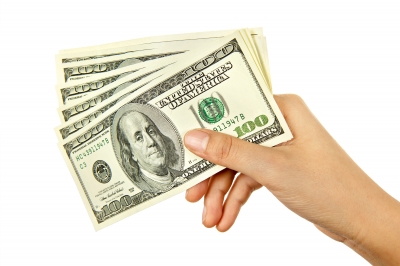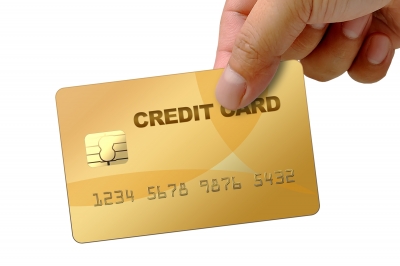Controlling Cash and Credit To Decrease Debt
Cash and credit are the two (2) most common means of how an individual expends his/her financial resources to acquire goods and avail of services but, if mismanagement, might result to debt. Thus, learning to control – how and when to use them is very important. Knowledge and skills in managing one’s cash and credit resources are part of good financial management.
Money can be acquired in many ways. For many people, who are mostly employees of different organizations, cash is received through salaries paid to them by their employers, usually on the 15th and 30th day of each month. By and large many of these workers have bank accounts wherein they keep their money, accessing them through the use of ATM (automated teller machine) cards.
Sources and Uses of Cash
Other individuals, who are entrepreneurs, acquire money from profits they make through their respective businesses. Others who are also employees, but are business-minded, get it both through their salaries as well as from their own enterprises. Other ways one can receive cash are through gifts, donations, etc. And hard cash is the usual means that one uses in saving for his/her future as well as for investing in businesses, real estate, stocks, and shares, among others.
Cash is the most common medium for financial transactions. It is recognized and preferred by any group, from the smallest to the biggest of enterprises. Exclusively using hard cash however, in financial deals has its limitations, particularly when engaging in these abroad. Due to different types of money, a traveller might need to undergo currency conversion before he/she can purchases a good and/or avail of a service, thus slowing down the pace of transactions.
Credit Has Its Advantages
Thus, in certain cases like when traveling, using a credit card might be a better alternative than using cash. Such a financial instrument, which is fast becoming an equivalent to money, helps facilitate easier and more efficient acquirement of goods and/or services abroad as currency conversion is done electronically. Furthermore, a credit card increases the safety and security of one’s financial resources – cash in one’s bank account in particular, since it requires the use of a PIN (personal identification number) before it can be used by anyone.
Like cash, a person can acquire a credit card as a gift. Normally, however, this financial tool is something applied for by a person with a financial bank and/or institution. So it is vitally important to carefully choose a credible and stable one when applying for this type of card. This can be achieved by carefully evaluating financial banks and/or institutions in one’s area of residence and/or work, even employing the assistance of someone knowledgeable on this matter such as a credit card agent if necessary.
Indeed cash and credit have their advantages and disadvantages. It is therefore important to learn how to manage their use. A good way to ensure control the use of cash is by good budgeting, in order for a person to withdraw only the right amount of money in his/her bank account at any given time. This implies that all aspects of expenditures should have been considered, including the amount of cash needed for emergency situations. If one has more than one bank account, it might be wise to make sure that the total amount of one’s money is equally distributed among them.
Nowadays, the ATM (automated teller machine) card is the usual tool used by an individual to access his/her financial bank resources. So a person having more than one account may have other ATM cards in his/her possession. To further help unnecessary use of cash, it might be a good practice to lessen the frequency of bringing such cards and/or to limit the number of them being brought to work, should one finds it necessary to bring them. This is also a very good way to control one’s use of credit cards, especially if he/she has problems in buying things impulsively. It is wise to use the credit card only for emergency situations to lessen the probability of falling into debt.
Aim To Be Debt-Free
Being disciplined in handling one’s finances is very important and having a detailed plan in using one’s cash and credit resources is a good way to achieve this and avoid falling into debt. In order to do this, it is primarily important to identify goods and/or services that one intends to be pay in cash and/or credit. Making a list of these items with their corresponding estimated amounts is a good way of to start this.
It is necessary to budget for these items considering one’s financial – cash and credit standing. An individual must ensure that there is hard cash set aside not only for savings purposes but also an amount needed to pay credit dues if he/she decides to use his/her credit card. Creating a credit payment schedule (that may be based on a weekly, monthly, and quarterly basis) and strictly implementing this to one’s self is important to ensure a debt-free record, and thus a good credit standing.
Photo Attribution:
Featured and 1st image by Worradmu / Freedigitalphotos.net
2nd image by Phanlop88 / Freedigitalphotos.net
3rd image by Cooldesign / Freedigitalphotos.net



